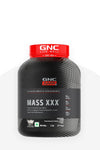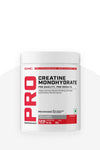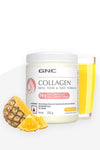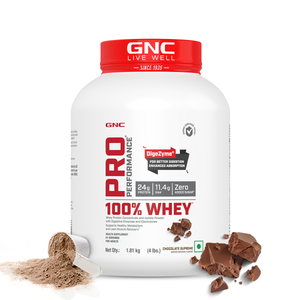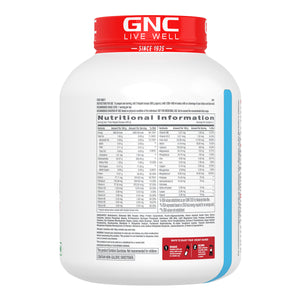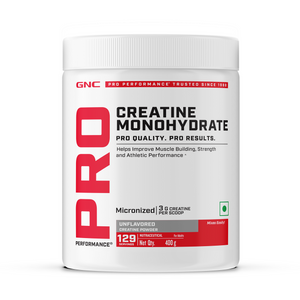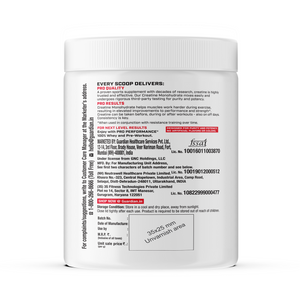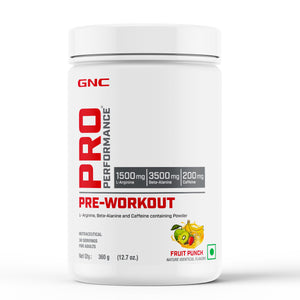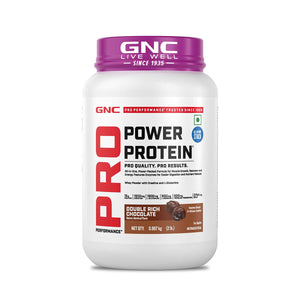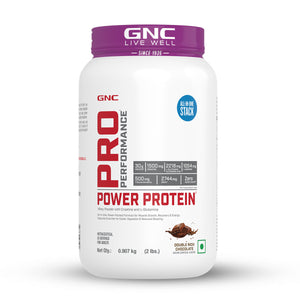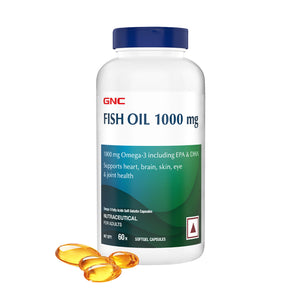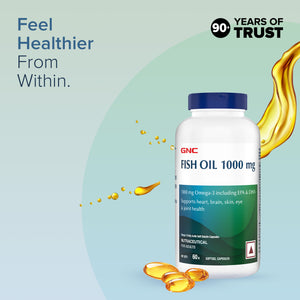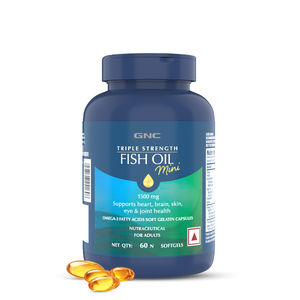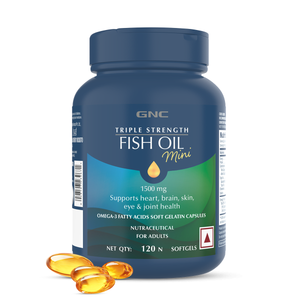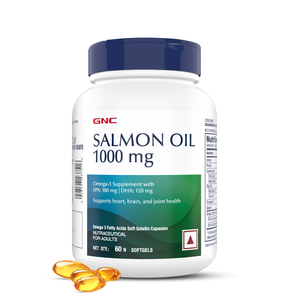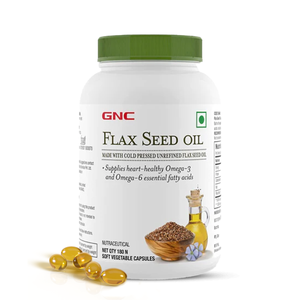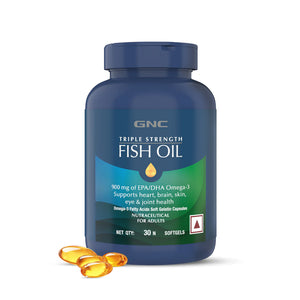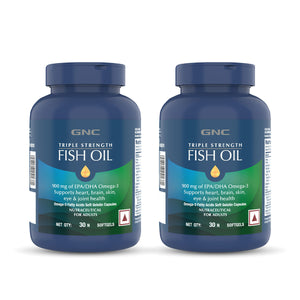Benefits of omega 3 fatty acids
To get all the omega 3 benefits, it is important to include omega rich foods in your diet. But in a lot of cases, it is seen that if people rely just on their daily diet, there are high chance that people might not get complete dosage of omega 3 fatty acids. That’s why it is recommended that you should get in touch with your doctor to know about omega 3 capsules benefits.
What are omega 3 fatty acids?
Omega-3 fatty acids are a type of polyunsaturated fat that are essential for the proper functioning of the human body. They are considered essential because the body cannot produce them on its own and must obtain them from dietary sources. These fatty acids play a crucial role in various physiological processes and are associated with numerous health benefits.
There are three main types of omega-3 fatty acids –
- Alpha-Linolenic Acid (ALA): ALA is a short-chain omega-3 fatty acid found primarily in plant-based sources like flaxseeds, chia seeds, walnuts, and certain vegetable oils. The body can partially convert ALA into the longer-chain omega-3s, eicosapentaenoic acid (EPA), and docosahexaenoic acid (DHA), although this conversion is limited.
- Eicosapentaenoic Acid (EPA): EPA is a long-chain omega-3 fatty acid that is primarily found in fatty fish such as salmon, mackerel, and sardines. EPA is known for its anti-inflammatory properties and its role in supporting cardiovascular health.
- Docosahexaenoic Acid (DHA): DHA is another long-chain omega-3 fatty acid commonly found in fatty fish and seafood. It is particularly important for brain health and is a major structural component of the brain and retina.
Omega 3 fatty acid-rich foods
Some of the om3ega 3 rich foods that you can include in your diet are –
- Fatty fish like salmon, mackerel, sardine, herrings, etc.
- Chia seeds
- Flaxseeds
- Help seeds
- Walnuts
- Canola oil
- Soybeans
- Edamame
- Krill oil
In addition to these foods, you can also take fish oil capsules to get all the omega 3 benefits and reduce the chance of deficiency.
Omega 3 benefits
Some of the main omega 3 benefits are –
-
Supports heart health
One of the main omega 3 benefits is that it takes care of your cardiovascular health. Include omega 3 capsules in your routine if you want to take care of your heart health. Omega 3 fatty acids can reduce the level of triglycerides, help raise good cholesterol and reduce bad cholesterol in the body, can keep blood platelets from clumping together which helps prevent the formation of harmful blood clots, and reduces inflammation in the body. -
Supports eye health
DHA, an omega-3 fatty acid, serves as a vital structural element within the retinas of your eyes. This component has the potential to safeguard against macular degeneration, a condition that can lead to vision loss and eventual blindness. Regular intake of omega 3 capsules also prevents the problem of dry eyes, especially in senior citizens. -
Reduces the risk of postpartum depression
Depression and anxiety are quite common during pregnancy and after delivery. Omega 3 deficiency can increase the risk of depression in pregnant women. So it is recommended that you talk to your doctor and include good quality fish oil capsules in your routine to stay away from postpartum depression and mood disorders. -
Supports joint health
They support your body’s natural anti-inflammatory response for the smooth functioning of joints, to alleviate joint pain, and reduce stiffness and swelling caused due to joint discomfort. -
Reduces inflammation in the body
Inflammation is a natural reaction that occurs in your body as a response to infections and injuries, serving as a critical aspect of your overall health. However, persistent inflammation has been implicated in the development of nearly all chronic diseases, including conditions like heart disease and cancer. Omega-3 fatty acids have the ability to diminish the generation of molecules and compounds associated with inflammation, like inflammatory eicosanoids and cytokines. -
Help with the growth and development of the child in the initial years
Omega 3 fatty acids are considered particularly important during the first two years of the child’s development, especially regarding brain and eye health. DHA is present in a woman’s breastmilk and breastfeeding transfers key nutrients such as DHA to the baby. -
Supports brain health and improves cognition
Omega-3 fatty acid supplements are known to optimize the cognitive behavior of the brain, and facilitate proper blood flow which improves memory, concentration, and sensory response. It also supports your learning efforts and may ward off age-based neurodegenerative disorders. -
May benefit depression and anxiety
Depression and anxiety have become such common occurrences in recent times. Various studies have shown that omega 3 capsules benefits include reducing the symptoms of anxiety and depression. EPA which is a type of omega 3 fatty acid is said to be most effective in managing stress, anxiety, and depression. -
May prevent age-related mental decline and Alzheimer’s disease
As individuals age, a notable deterioration in cognitive function often becomes apparent. Numerous research studies establish a correlation between increased consumption of omega-3 fatty acids and a lowered incidence of age-related cognitive decline, as well as a decreased vulnerability to Alzheimer's disease. -
Can reduce signs of asthma in children
Asthma, a persistent respiratory condition characterized by symptoms such as coughing, breathlessness, and wheezing, poses a continuous health challenge. Severe asthma attacks can pose substantial hazards, emerging from inflammation and constriction in the lung airways. Various research investigations establish a link between the consumption of omega-3 fatty acids and a reduced likelihood of asthma occurrence in children. -
Reduces fat in your liver
Non-alcoholic fatty liver disease (NAFLD) is a prevalent ailment marked by the buildup of fat in the liver. Studies propose that the incorporation of omega-3 fatty acid supplements could potentially diminish liver fat accumulation and alleviate inflammation among individuals afflicted with NAFLD. -
Great for hair, skin, and nails
Omega 3 fatty acids are great for keeping your hair and nails strong and giving your skin a natural radiance from within. If you have brittle nails or are facing hair related issues, you can talk to your doctor about omega 3 capsules benefits and start taking them as part of your daily routine. -
Plays an important role during nursing phase
DHA (docosahexaenoic acid) is an important omega-3 fatty acid that is most abundant in the brain and retina of the eye. The right amount of DHA in your breastmilk is also something you want to ensure while you’re nursing. -
Reduces the risk of osteoporosis in post menopausal women
Women are at a greater risk of osteoporosis as compared to men, especially after menopause due to drop in estrogen levels. Research has shown that one of the main benefits of omega 3 capsules is to reduce inflammation, keep joints healthy, and maintain bone density which in turn helps in reducing the risk of osteoporosis.
Omega 3 daily dosage
The optimal daily dosage of omega-3 fatty acids for adults can vary depending on individual health needs, dietary habits, and specific health conditions. However, general guidelines suggest a range for daily intake –
- EPA and DHA: For healthy adults looking to maintain overall health and well-being, a daily intake of around 250-500 milligrams (mg) of combined EPA and DHA is often recommended. This can be obtained through dietary sources like fatty fish or fish oil supplements.
- ALA: If you're focusing on plant-based sources of omega-3s like flaxseeds, chia seeds, and walnuts, aiming for about 1,600-2,000 mg of alpha-linolenic acid (ALA) per day is a common recommendation.
For people with specific conditions like – if you are pregnant or a nursing mother, have a chronic illness, or have a particular heart condition, it would be best to consult your doctor to know the ideal dosage of omega 3 supplements for you.
Zinc is an essential mineral that plays a crucial role in various bodily functions, including immune system support, wound healing, and DNA synthesis. It's also associated with hair health due to its involvement in protein synthesis, cell division, and maintaining the health of hair follicles. Zinc helps maintain hair health in the following ways –



